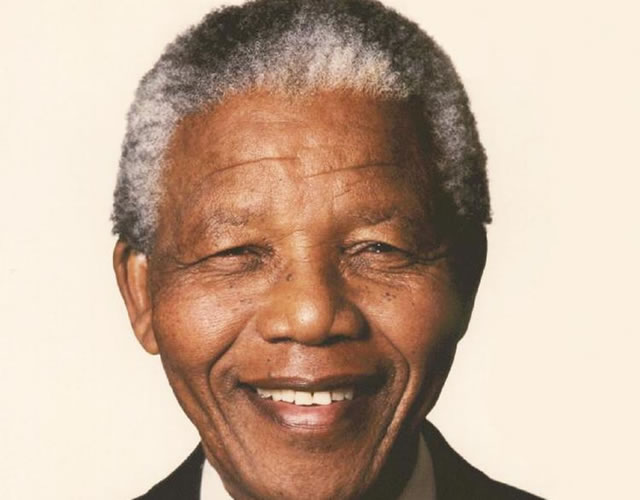Doris Lessing on racial prejudice

Kumbirayi Shoniwa
Doris Lessing is well known for her depiction of white settler communities during the colonial era in Southern Africa and the short story “The De Wets come to Kloof Grange” is among her most memorable ones.The story is set on a farm in Rhodesia belonging to British immigrants, Major and Mrs Gale, who live alone with their African servants.
The Gales are portrayed as people who have not lost their English customs despite having lived in Africa for at least 30 years since leaving their native England. Major Gale dresses and acts as a true Englishman in an African environment which is characterised by buzzing insects, unbearable heat and lack of “modern” contraptions such as electricity, which makes his life very uncomfortable.
Caroline Gale harbours nostalgic thoughts about her home in England and keeps up correspondence with a childhood friend there in spite of the growing differences in their lives.
The couple show no signs of an emotional relationship between them to the extent that they sleep in the same room but in different beds.
The Gales are soon joined on the farm by Mr and Mrs De Wet, who have left their “native” South Africa to work as Major Gale’s assistants.
Mrs De Wet soon shows signs of homesickness and begins to act restless and is bored by the monotonous farm life which she is not accustomed to.
Her condition deteriorates so much that she pretends to run away from home in order to gain the attention of her husband whom she feels is ignoring her in favour of his duties at the farm.
All the white people in the story show signs of discrimination against the African natives who toil for them, with Mrs Gale describing black people as “pathetic children” who she tolerates as a matter of courtesy.
Upon hearing of the impending arrival of the De Wets, the Gales show their prejudice by their biased opinions against people of Afrikaner or Boer origins.
Mrs Gale imagines all Afrikaners as people who bear children with no restraint, saying “Afrikaners always have at least 12 children in a family”.
She finds it difficult to socialise with Mrs De Wet because she does not want to mix with a younger woman whom she feels is usurping her role as the only white woman in the vicinity.
The white males also show bias against their women, with Major Gale refusing to discuss business matters with his wife as he considers her only fit to do “womanly” things.
On the other hand De Wet only marries his wife after realising that he is going to a far-off place and needs “someone to cook” for him, and the only way to make her happy and less lonely would be “to give her children to play with”.
Lessing’s story aptly captures the isolation and seclusion suffered by the white settlers during the colonial era in Africa and how they tried to cling to their native customs in an environment which was completely alien to their own.










Comments